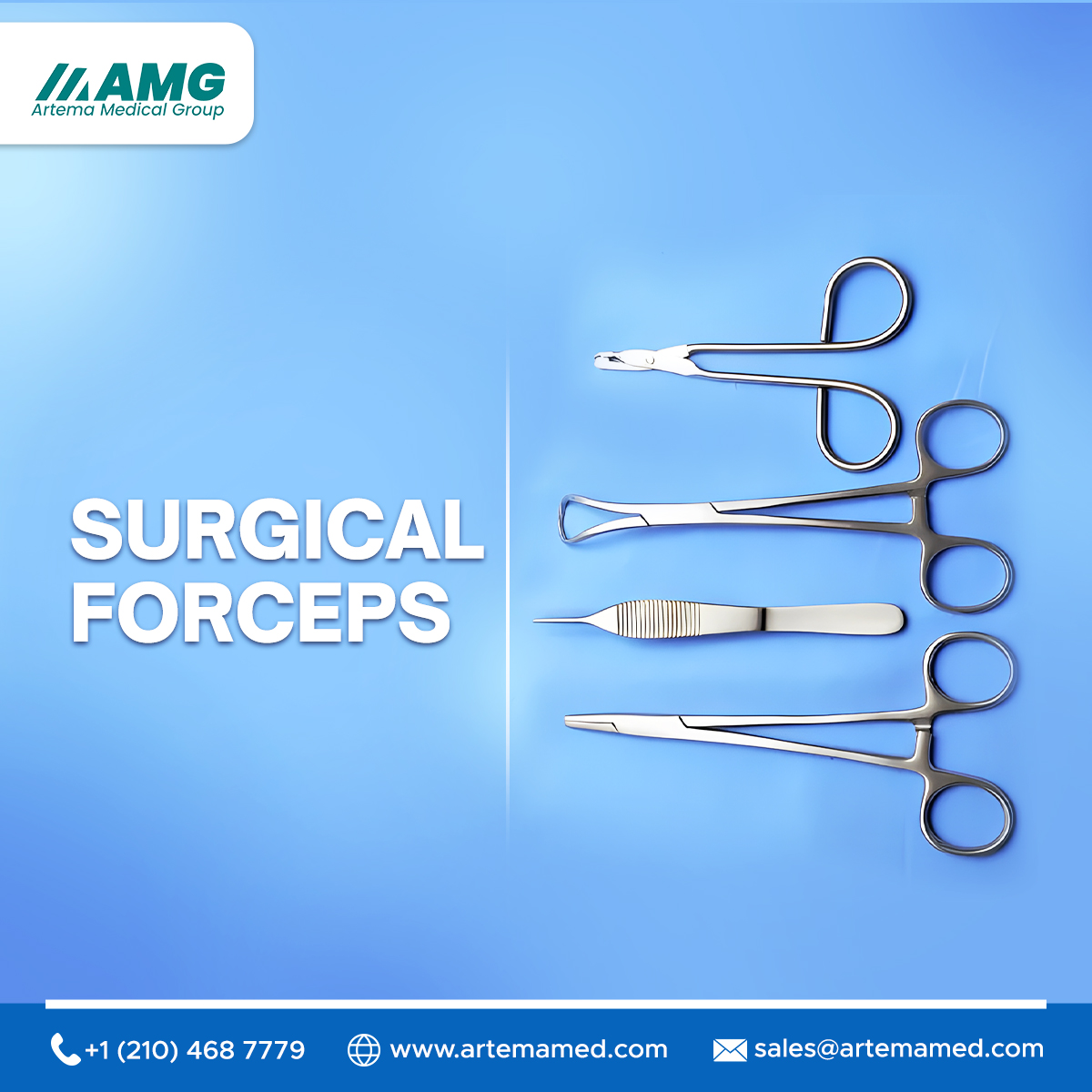Is a Vein Specialist the Same as a Vascular Surgeon?
When patients experience leg pain, varicose veins, or circulatory issues, one common question arises: Is a vein specialist the same as a vascular surgeon? While both professionals treat vein-related conditions, there are significant differences in training, approach, and treatment methods. This guide will help you understand these differences and provide clarity when choosing the right doctor for your needs.
What Kind of Doctor Is a Vein Specialist?
A vein specialist is a medical professional who focuses primarily on diagnosing and treating vein disorders, especially those related to the legs, such as varicose veins, spider veins, and chronic venous insufficiency. These doctors typically come from different medical backgrounds, including:
- Interventional radiology
- Dermatology
- Internal medicine
- Phlebology (a specialty focused specifically on venous disease)
A vein specialist may not be a board-certified vascular surgeon, but they often have extensive training in minimally invasive procedures. Their primary goal is to improve vein health and appearance using non-surgical techniques like sclerotherapy, laser ablation, or radiofrequency ablation.
If you’re wondering what kind of doctor is a vein specialist, it’s helpful to know that not all are surgeons. However, many are certified by organizations like the American Board of Venous and Lymphatic Medicine (ABVLM) and are highly experienced in treating vein issues through outpatient procedures.
How Is a Vascular Surgeon Different?
A vascular surgeon is a doctor trained in the diagnosis and surgical treatment of vascular conditions, including arteries and veins throughout the body (excluding the heart and brain). These professionals complete:
- Four years of medical school
- A five to seven-year general surgery residency
- A fellowship in vascular surgery
They are experts in performing complex procedures like bypass surgeries, angioplasty, and stenting. Unlike vein specialists who often focus on cosmetic and functional vein treatments, vascular surgeons manage life-threatening conditions such as:
- Aneurysms
- Carotid artery disease
- Deep vein thrombosis (DVT)
- Peripheral artery disease (PAD)
So, is a vein specialist the same as a vascular surgeon? The answer is no. While their fields overlap, their training and scope of treatment differ significantly.
Where Should You Go for Vein Treatment?
Choosing the right place for care depends on your condition’s severity. For cosmetic or non-complicated vein issues, visiting a vein treatment center staffed by experienced vein specialists can be ideal. These clinics are equipped with advanced tools for non-invasive treatments and provide personalized care in a comfortable setting.
However, if your vein problem is part of a broader vascular disease—especially one that may require surgery—a vascular surgeon is the appropriate choice. Some advanced vein treatment centers have vascular surgeons on staff, offering both conservative and surgical options under one roof.
When evaluating a vein treatment center, look for:
- Board-certified specialists
- Ultrasound diagnostic capabilities
- Range of minimally invasive options
- Positive patient reviews and success stories
When to See a Vein Specialist vs. Vascular Surgeon
If you’re dealing with unsightly varicose veins, mild leg swelling, or skin discoloration, a vein specialist may be your best first step. These doctors can quickly diagnose the issue with a venous duplex ultrasound and recommend treatments that don’t involve cutting or stitches.
On the other hand, if you experience:
- Sudden leg pain or swelling
- Ulcers that don’t heal
- Symptoms of poor circulation
- A history of blood clots or vascular disease
…then it’s best to consult a vascular surgeon. These signs could point to a more complex medical issue requiring surgical intervention or advanced imaging.
What Treatments Do Vein Specialists Offer?
At a modern vein treatment center, vein specialists provide a variety of minimally invasive therapies, such as:
- Sclerotherapy: A solution is injected into the vein to collapse and fade it.
- Endovenous Laser Treatment (EVLT): A laser fiber seals the vein from the inside.
- Radiofrequency Ablation (RFA): Heat energy is used to close problematic veins.
- Ambulatory Phlebectomy: Small incisions are made to remove surface veins.
These treatments are generally outpatient, involve little to no downtime, and are covered by insurance if deemed medically necessary. Most vein specialists customize care plans after evaluating the patient’s lifestyle, symptoms, and health goals.
Why Choose a Vein Treatment Center?
A vein treatment center is a facility that focuses solely on venous health. These centers offer:
- Focused care: Staff are highly trained in treating venous conditions.
- State-of-the-art technology: Most centers use advanced ultrasound and laser equipment.
- Convenient scheduling: Many offer same-day evaluations and treatments.
- Patient-centered approach: Comfort, aesthetics, and recovery time are prioritized.
Whether your concern is cosmetic or medical, a vein treatment center can be the right starting point. However, always check if the facility has partnerships with vascular surgeons for referrals if surgical intervention is required.
Does Insurance Cover Vein Treatments?
Many patients hesitate to visit a vein specialist because they’re unsure about insurance coverage. The good news is that most medically necessary treatments—such as for chronic venous insufficiency, pain, or ulcers—are covered by major insurance providers. Cosmetic treatments like spider vein removal may not be covered.
Before booking a procedure, your vein treatment center will usually perform a vein mapping ultrasound and submit documentation for pre-authorization. Always confirm coverage details with your provider.
How to Choose the Right Doctor for Your Vein Health
Whether you’re looking for a cosmetic solution or managing a chronic condition, it’s crucial to choose the right specialist. Ask the following questions during your consultation:
- What is your medical specialty and training background?
- How many years of experience do you have in vein care?
- Do you perform the procedure on-site?
- What complications should I be aware of?
- Do you work with vascular surgeons if needed?
This information will help you make an informed decision and ensure you receive the best care possible.
Conclusion: Is a Vein Specialist the Same as a Vascular Surgeon?
No, a vein specialist is not the same as a vascular surgeon. While they both treat vein-related conditions, their training, expertise, and treatment scope differ. A vein specialist at a dedicated vein treatment center can effectively manage mild to moderate vein issues with non-surgical techniques. For more severe or systemic vascular conditions, a vascular surgeon is better equipped.













